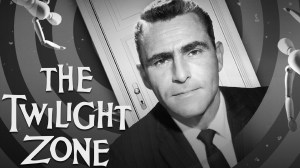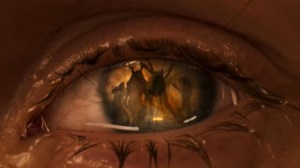Rod Serling’s The Twilight Zone continues to be a beloved classic 66 years after its premiere because the stories are brilliant in many ways. Serling was well known for interjecting social commentary into the science fiction and horror anthology series, and tales such as “The Monsters are Due on Maple Street” often seem even more relevant today than in the early 1960s.
Videos by ComicBook.com
All television shows have episodes that fall short of expectations, and The Twilight Zone is no exception. Several episodes have twists that are illogical, bizarre, or forgettable. Several such twists left viewers scratching their heads and still don’t make sense decades after the episodes premiered.
7) Agnes’ Mysterious Caller in “Night Shift” Is Her Late Fiance
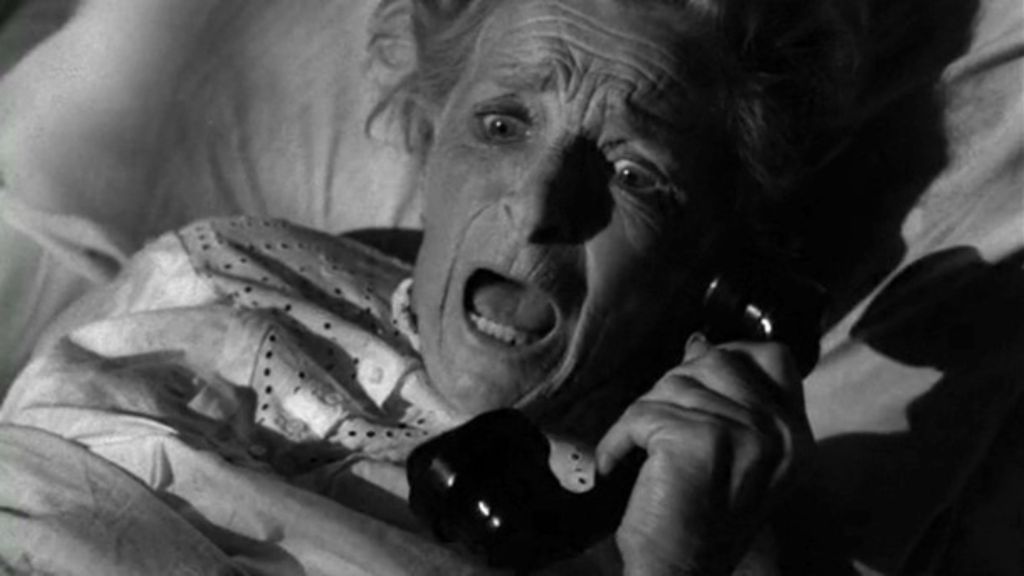
“Night Shift” is a genuinely creepy episode of The Twilight Zone that people don’t talk about enough, but the ending is ridiculous. Throughout the story, a paraplegic older woman, Agnes, receives disturbing phone calls from someone who does not identify themselves. Eventually, she learns that her stalker is the ghost of her late fiancé.
This revelation ties into her tragic backstory: her fiancé died when she insisted on driving and lost control of her car. Agnes, who is lonely, is glad to reconnect with him, but the ghost stops talking to her because she told him to leave her alone, and he always gave her what she wanted.
This twist is supposed to make the point that being over-controlling results in a person ending up alone, but it also makes the whole story pointless. If the man’s ghost intended to leave Agnes alone, there was no reason for him to contact her at all, and it seems cruel for him to do so, only to decide to stop when she realizes who he is.
6) “The Midnight Sun” is The Dream of A Dying Woman
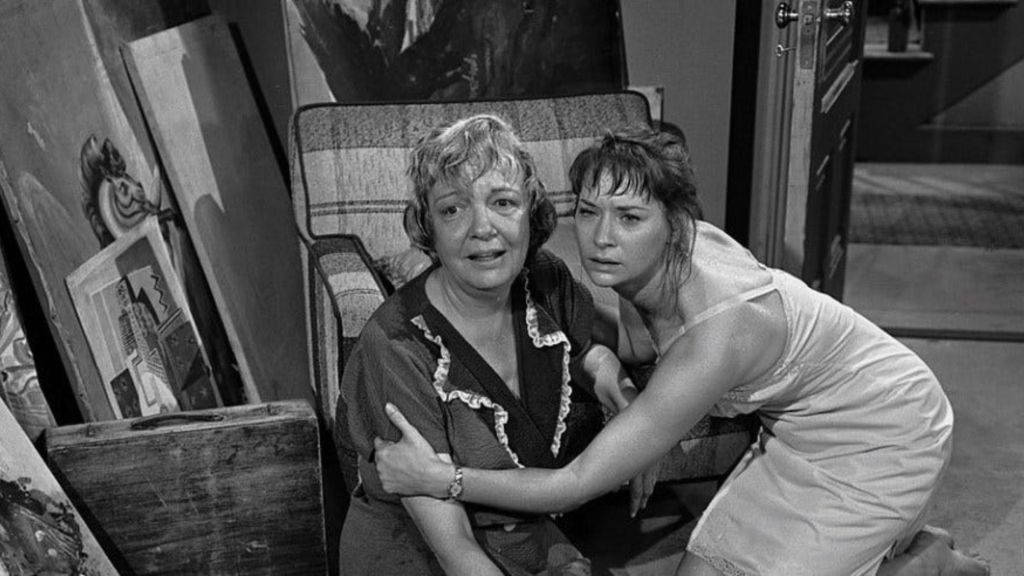
The ending to “The Midnight Sun” is supposed to be an ironic punch to the gut. After an entire hour of a woman trying to survive the extreme heat caused by climate change, it is revealed that she is in a hospital, dying of hypothermia caused by the same culprit.
It’s clever, but also entirely unnecessary. The extreme temperatures already made the point about where humanity was heading if people failed to take care of the environment, so there is no need for the protagonist’s torment to be imaginary.
In some ways, the twist ending cheapens the point of an otherwise powerful episode. There’s no real reason for it, and it suggests that high temperatures aren’t really as much of a problem as it seems. This problem is worse when rewatching it in 2025, when the climate problems hinted at in the episode are no longer in the realm of science fiction or dystopian futuristic stories.
5) A Woman’s Future Self Tries To Warn Her About Abuse In “Spur of The Moment”
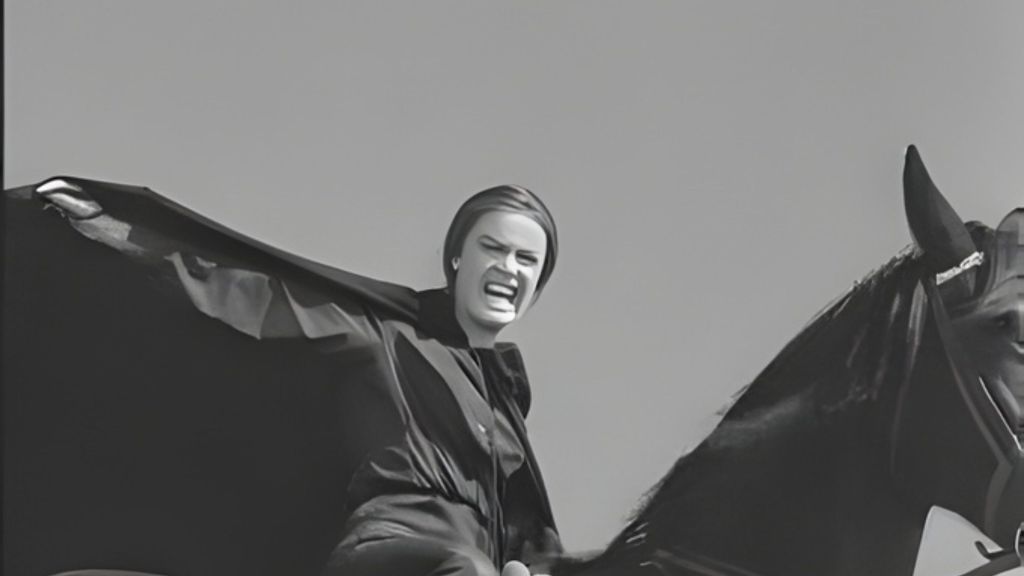
“Spur of The Moment” is a controversial episode of The Twilight Zone because of how it addresses domestic abuse. The episode is similar to Doctor Who‘s “73 Yards” in that it features a mysterious and frightening figure dressed in black who is revealed to be the protagonist’s future self. However, in this case, the figure’s actions make no sense if she really wanted to prevent her past self from making a fatal error.
During this episode, Ann must decide between her “true love” David and Robert, the man her parents want her to marry. Ann is on the way to meet her parents and Robert when the mysterious figure first appears and terrifies her. This ghost story seems to be encouraging her to put her own happiness over her parents’ desires by choosing David over Robert, but the twist reveals that the opposite is true.
In the end, Ann learns that her future self had been trying to discourage her from choosing David because he would abuse her. However, if this were her goal, frightening her right before she meets Robert makes no sense. Additionally, this twist suggests that Ann should have listened to her parents rather than her own heart, which undermines the entire theme about how wrong domestic violence is.
4) A Slot Machine Becomes Sentient In “The Fever”
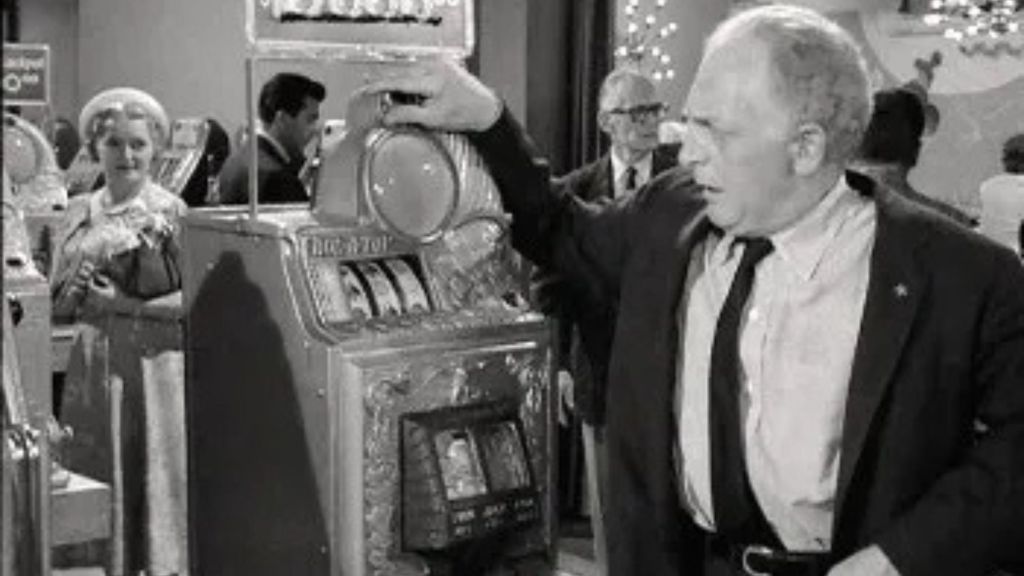
“The Fever” is one of the most on-the-nose episodes of The Twilight Zone to begin with, so it’s not surprising that its ending is more silly than logical. This episode attempts to address the problem of gambling addiction, but the symbolism is far less subtle than in most episodes — the main antagonist is a slot machine that continually convinces the protagonist to play it.
The episode’s tragic ending involves a now sentient slot machine that chases the protagonist to his hotel room and forces him out a window to his death. To the outside world, including his wife, he appears to have deliberately jumped because of his gambling debts.
This ending is more campy than the subject matter demands. It also brings up the question of what the casino employees thought happened to their slot machine when it wandered off. Additionally, if this machine continually kills guests who don’t want to play anymore, it will wreak havoc with the casino owners’ business, so how often is it able to harass guests? These questions underscore the absurdity of this premise and of the final twist.
3) Martians Take Away A Man’s Super Strength to Punish Him In “Mr. Dingle, The Strong”
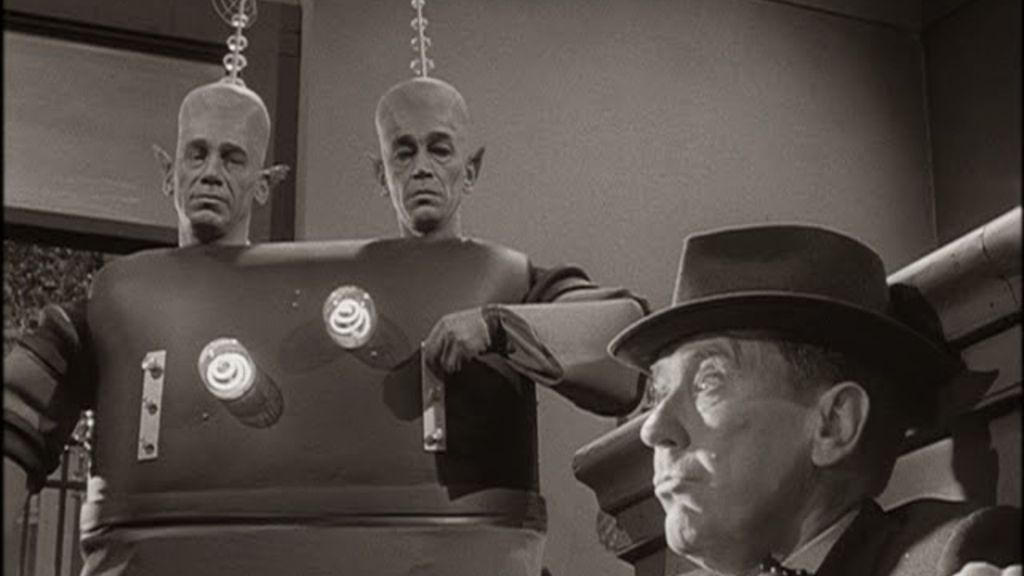
“Mr. Dingle, The Strong” is one of the most bizarre episodes of The Twilight Zone. It involves a man whom some Martians give the power of super-strength. However, the twist ending is that the Martians don’t like Mr. Dingle showing off his newfound power and take it away, causing him to fail to lift a building on national TV.
The Twilight Zone used the idea of aliens experimenting on humans to great effect on “The Monsters Are Due on Maple Street,” but that was a far more serious and logical episode. In “Mr. Dingle, The Strong,” everything seems random. There is no explanation for why the aliens gave this man super strength in the first place or what they expected him to do with it. The twist falls flat because the episode’s premise is absurd.
2) A Used Car Salesman Is Forced To Sell A Car To Nikita Khrushchev
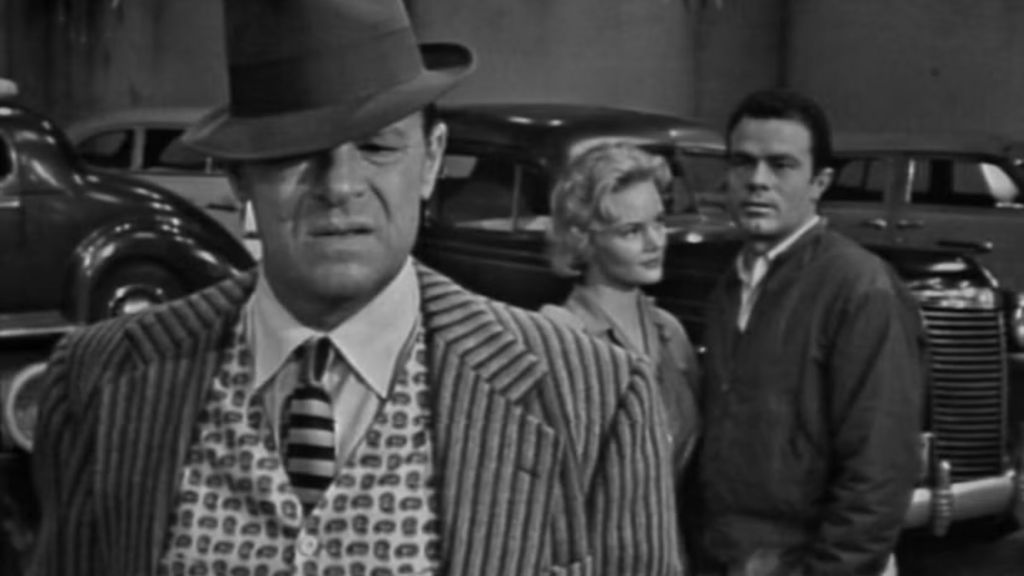
“The Whole Truth” is a 1960s version of the same premise that made Jim Carrey a household name in Liar Liar: a man is cursed with the inability to lie. Unfortunately, the twist ending requires the curse to wear off without explanation, presumably to make a point about politics.
Throughout the episode, a used car salesman is unable to lie to prospective customers because of a cursed Model A Ford on the lot. This leads to several comedic situations, but ultimately a politician suggests that the protagonist sell the car to Nikita Khrushchev, who was then the leader of the USSR. For some unknown reason, the salesman is able to tell half-truths despite the curse so that he can unload the car onto the United States’ most formidable political adversary and force Khrushchev to tell the truth from now on.
The message is hardly subtle, and worse still, the twist is not at all logical. There is no explanation for why the salesman is suddenly able to tell partial lies. It could be implied that the curse wanted to transfer itself to Khrushchev, but this is a weak explanation that still defies the episode’s inner logic.
1) “The Howling Man” Requires The Protagonist To Become Stupid

“The Howling Man” is considered one of the best episodes of The Twilight Zone written by someone other than Rod Serling. In many respects, it is, but the twist ending is entirely illogical.
The episode centers around a man who once trapped the Devil, only to let him go when the demon tricked him. The main story is strong, but in the end, the man re-traps the Devil… only to lose him again after his housekeeper doesn’t heed his warnings and gets tricked.
The point of this story is likely that the Devil is too crafty and powerful to ever be held captive and that trying to do so is a fatal error. However, it doesn’t make much sense for someone who fell victim to the Devil’s tricks once to tell someone else where the demon is trapped and warn her not to release him.
The protagonist should have learned his lesson after the first time he lost the Devil. There was no reason to tell the housekeeper anything. This story would have been stronger without that twist, especially since it’s not explained why the protagonist forgot the point of his story and made it easier for the Devil to escape again.
What do you think about these twists? Leave a comment below and join the conversation in the Comic Book Forum.

